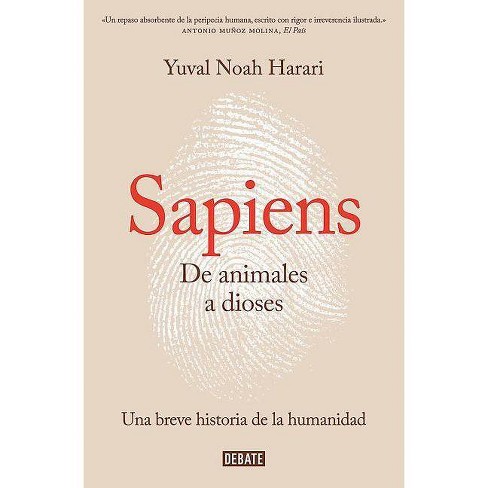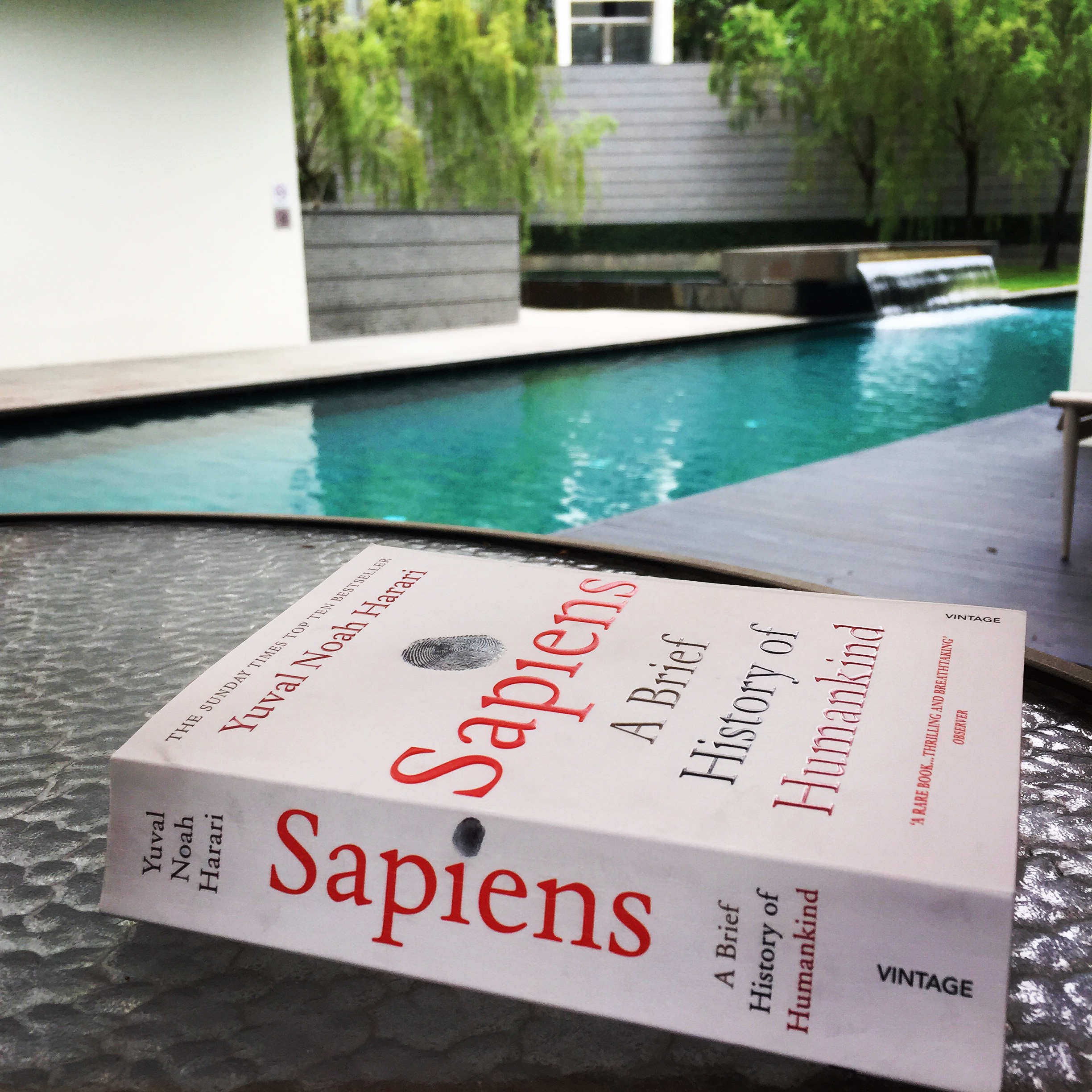
On a hike in East Africa 2 million years ago, you might well have encountered a familiar cast of human characters: anxious mothers cuddling their babies and clutches of carefree children playing in the mud temperamental youths chafing against the dictates of society and weary elders who just wanted to be left in peace chestthumping machos trying to impress the local beauty and wise old matriarchs who had already seen it all. But for countless generations they did not stand out from the myriad other organisms with which they shared their habitats.

Animals much like modern humans first appeared about 2.5 million years ago. There were humans long before there was history. This book tells the story of how these three revolutions have affected humans and their fellow organisms. The Scientific Revolution, which got under way only 500 years ago, may well end history and start something completely different. The Agricultural Revolution sped it up about 12,000 years ago. Three important revolutions shaped the course of history: the Cognitive Revolution kick-started history about 70,000 years ago. The subsequent development of these human cultures is called history. About 70,000 years ago, organisms belonging to the species Homo sapiens started to form even more elaborate structures called cultures. The story of organisms is called biology. The story of atoms, molecules and their interactions is called chemistry.Ībout 3.8 billion years ago, on a planet called Earth, certain molecules combined to form particularly large and intricate structures called organisms. The story of these fundamental features of our universe is called physics.Ībout 300,000 years after their appearance, matter and energy started to coalesce into complex structures, called atoms, which then combined into molecules. 5 BILLION YEARS AGO, MATTER, energy, time and space came into being in what is known as the Big Bang. Not only in the mere technological field, but also in the field of ethics and morality, humankind can make progress.ABOUT 1 3. But there are far fewer wars in most areas in the world than ever before.

There are of course wars in certain parts of the world I come from Israel, from the Middle East, so I know it. People don't realize it usually, but we are living in the most peaceful era in history. Again, there are certain things that humans have been doing that have been immensely successful. I try to be a realist and not a pessimist or an optimist. Very small elites exploit masses of people for their own needs. On top of that, you had much worse social hierarchies and social exploitation.

Most of the population got maybe 90 percent of their calories from a single source of food, like wheat in the Middle East or rice in East Asia. The average peasant, let's say, he or she had to work much harder and in exchange for all this hard work people actually got a much worse diet.


 0 kommentar(er)
0 kommentar(er)
